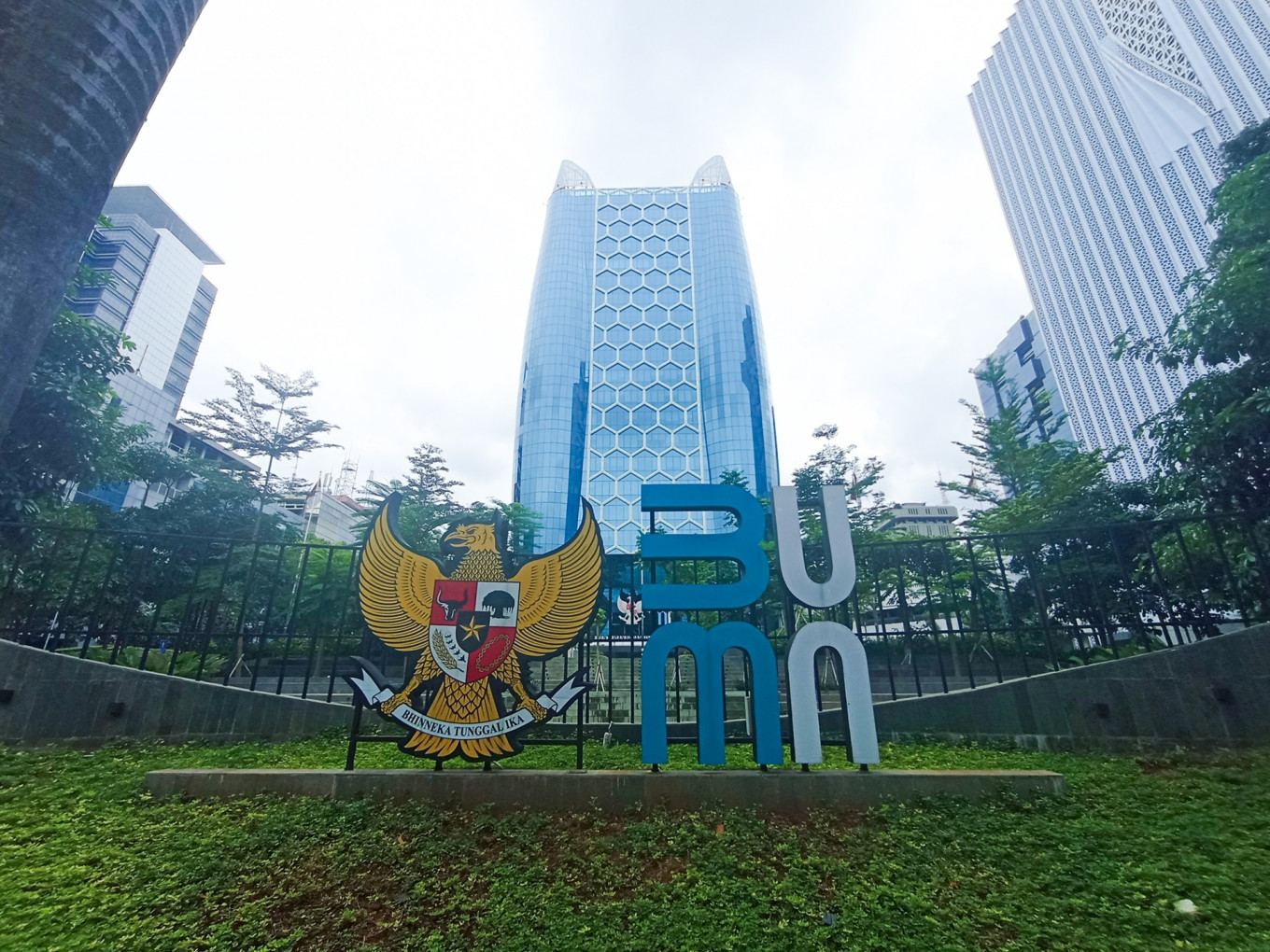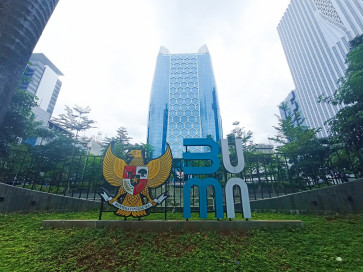Popular Reads
Top Results
Can't find what you're looking for?
View all search resultsPopular Reads
Top Results
Can't find what you're looking for?
View all search resultsState-owned enterprises: Between legal protection and public accountability
A newly revised regulation leans more toward legal protection, even verging on legal immunity, rather than addressing the root causes that have long undermined the performance and integrity of SOEs.
Change text size
Gift Premium Articles
to Anyone
T
he recent revision of the State-Owned Enterprises (SOEs) Law through Law No. 1/2025 reflects a classic dilemma for any state that manages public corporations: whether to shield managers from business risks or to ensure strong accountability in governance.
The newly revised regulation leans more toward legal protection, even verging on legal immunity, rather than addressing the root causes that have long undermined the performance and integrity of SOEs.
The government’s rationale is clear. It believes that the Anti-Corruption Law is too aggressive when applied to the business sector, resulting in the overcriminalization of SOE officials even when they merely face commercial failures.
Yet such an approach is dangerous if not accompanied by a robust accountability framework. The risk of criminalization cannot be solved by granting immunity, but by improving governance systems and clarifying the limits of authority.
These concerns about immunity are far from hypothetical. Corruption in SOEs continues to burden the state. According to Kompas, 16 major corruption cases involving SOEs between 2000 and 2024 cost the state Rp 83.3 trillion (US$ 5 billion), nearly 15 percent of total state capital injections into SOEs between 2005 and 2021, which amounted to Rp 369.17 trillion.
This figure excludes broader economic losses, such as the PT Timah case, which alone inflicted Rp 29 trillion in direct financial losses and Rp 271 trillion in economic damages.
Corruption has also become rampant in SOE subsidiaries. In 2024 alone, the Supreme Court registered at least 24 corruption rulings involving the State Logistics Agency (Bulog), six in state-owned electricity company PLN and over 500 corruption verdicts in state-owned banking institutions across the archipelago. This reflects a governance crisis not just at the central level, but throughout the entire SOE ecosystem.


















